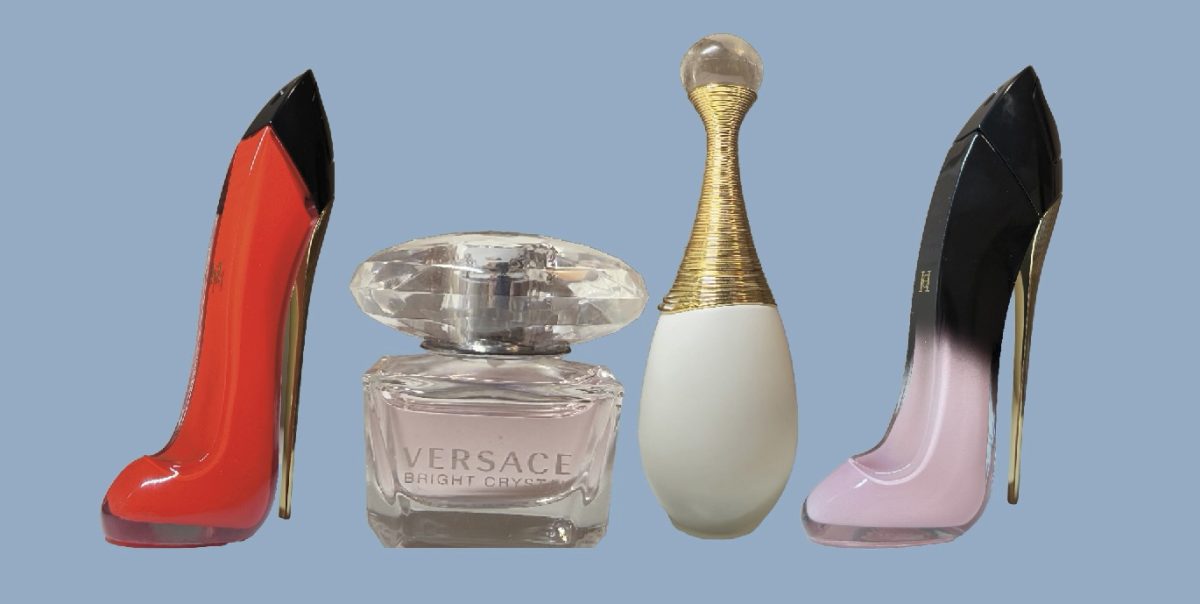Sonam Nijjar waits as she gets her blood drawn at the school wide blood drive on Sep. 22. Photo by Lindsay Sowers
The selfless act of giving blood should be appreciated, not prohibited. If any high school student have the decency to give a pint of their own blood in order to save someone else’s life, they should be rewarded, not turned down; sexual orientation should not be a factor.
On September 23, 2011 at the school-wide blood drive, students had to fill out a questionnaire about their health, drug uses, and sexual partners before being accepted as a donor. On the questionnaire, a certain section seemed to stand out: it asked (if you were male) if you have had sexual encounters with other males, or for females, if you have ever had a sexual encounter with a male who has had sex with another male. Basically, they asked you if you were either gay, or have come into sexual contact with anyone who is gay.
This specifically caught my eye. Researching a little bit more and talking around to other students who have donated blood in years past, I realized that BloodSource does in fact discriminate against possible donors based on sexual orientation. Based on statistics about HIV/AIDS, their argument is that homosexual students are more likely to contract the virus than heterosexual students.
Male-to-male sexual contact is in fact more linked to the virus than male-to-female contact and therefore is understandable as to why they would be skeptical of accepting a homosexual male as a donor. According to the CDC (Center for Disease Control and Prevention) in a study done in 2009, the number of diagnosed cases of AIDS in the United States from male-to-male contact totaled 17,005 whereas the number of total heterosexual cases is only 10,393.
However, speaking to past donors and other adults with experience in giving blood, I found that, along with homosexual males, lesbians are also not allowed to donate blood. This absolutely does not make sense to me. Statistics show that lesbians have the same or less of a chance to contract the virus than heterosexual couples do.
Basically, if there are people willing to donate blood, especially since they test all donations before use anyway, then all willing donors should be welcomed and appreciated, not stereotyped and discriminated against.
By EMMA RICHIE






